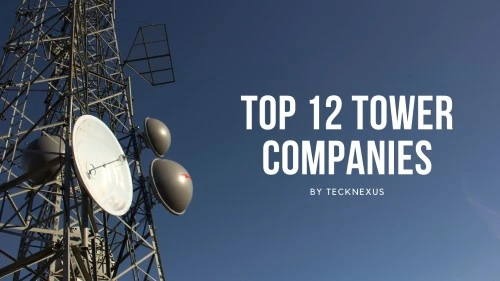Adani Group was the surprise entry in the 5G spectrum auction. Many initially assumed that it was to give strong competition to Jio and Airtel in the consumer space with 5G. But the Adani Group later clarified that it just wants to serve customers in the B2B space. At present, the Adani Group doesn’t want to enter the consumer mobility space, and it makes sense. For now, it can be perceived that Adani Data Networks Ltd, the Adani Group subsidiary which participated in the spectrum auctions, will start with services in six LSAs (Licensed Service Areas). The company obtained 100 megahertz each in Gujarat and Mumbai and 50 megahertz each in Andhra Pradesh, Karnataka, Rajasthan, and Tamil Nadu. The group will start service for enterprises with the power of fast 5G networks.
Adani Data Networks 5G Spectrum Auction 2022 Purchase Details
The Adani Data Networks had purchased 400 MHz of spectrum in the 26 GHz band for Rs 212 crore. The group didn’t go for the mid-band spectrum, which would most serve the consumers. It was a very conservative purchase from Adani Data Networks and doesn’t show any interest of the company in participating in the consumer space with Jio, Airtel and Vi with 5G.
But once the market matures further in the consumer space, we could see a potential entry of the Adani Group as it would definitely want to give Reliance strong competition in the 5G era.
Adani Group will use 5G spectrum to support data centres, businesses
Adani Group plans to use the airwaves for its data centres as well as the super app it is building to support businesses from electricity distribution to airports, and gas retailing to ports.
“The newly acquired 5G spectrum is expected to help create a unified digital platform that will accelerate the pace and scale of the Adani group’s digitisation of its core infrastructure, primary industry and B2C business portfolio,” the group said in a statement.
Adani group bought less than one per cent of all spectrum sold in the auction and its purchase price was a fraction of Rs 1.5 lakh crore bids that the government received.
The group’s broader strategy to digitally integrate its current and future businesses include linking its data centres through a network of submarine and terrestrial cables, building the largest industrial operations cloud in the world, developing the super app to offer a suite of services across its consumer base of 400 million, and establishing a world-class AI centre of excellence.
“Acquiring 400MHz of spectrum is the group’s first step in integrating its digital infrastructure portfolio, which includes data centres, terrestrial fibre and submarine cables, industrial cloud, AI innovation labs, cybersecurity and SuperApps,” it said.
Adani, Chairman of the Adani Group, said his ports-to-energy conglomerate’s foray into the industrial 5G space will allow portfolio companies to offer a set of new add-on services that capitalize on all the other digital segments that are being built.
“Given that our portfolio is a highly distributed asset intensive investment that are all being revolutionized by sensorisation and fast becoming IoT enabled, we believe the next data surge will be created more by machines than by people as all devices get interconnected. This data will need to be streamed, stored, processed, and analysed by other machines in real-time and this capability will change every single industry,” he said.
This volume will be exponentially higher and generated at the edges, especially in a country like India, where the Tier 2 and 3 cities are witnessing the fastest all-round growth, he said.



































